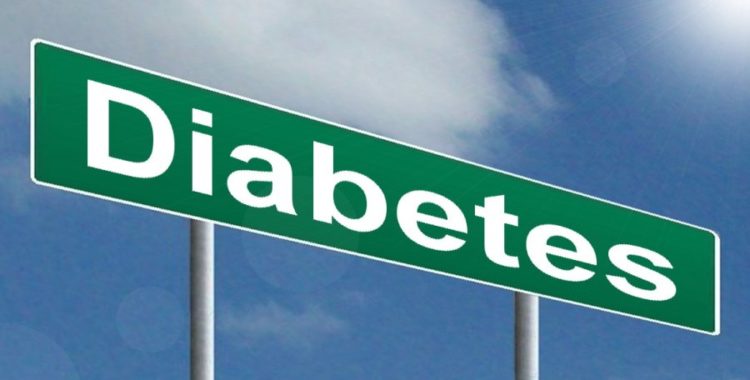Januvia: Uses and Side Effects
Introducing Januvia
Sitagliptin (Januvia) is a drug that is prescribed (alongside a proper diet and exercise program and if necessary with other medications) to control high blood sugar.
It is used by patients with type 2 diabetes, primarily. Continually regulating your increased blood sugar can aid in preventing complications such as loss of eyesight, sexual dysfunction, damaged kidney, nerve-ending issues, and damaged limbs.
Additionally, proper control of high blood sugar and therefore diabetes itself reduces the risk of a heart attack or stroke.
How does Januvia work?
Sitagliptin functions by raising the amount of a natural substance in the body called incretin. Incretins aids the body to effectively control the amount of blood sugar by increasing the amount of insulin released by the body—particularly after consuming a meal.
Also, incretin reduces the quantity of sugar that your liver produces. Doctors typically call Januvia a “DPP-IV inhibitor,” as this kind of drugs do not cause weight gain.
Being a relatively new drug, questions such as ‘is Januvia safe?’ ‘what are the side effects?’ are bound to arise. However, being a prescription drug, doctors typically prescribe it to patients who are not at risk of any side effects. The vast majority of patients who have, or are using this medication do not experience any severe side effects.
What about hypoglycemia?
While sitagliptin on its own usually does not cause low blood sugar (hypoglycemia), low blood sugar may occur if this drug is prescribed alongside other medications (for diabetes or other).
Therefore, some of the symptoms experienced in patients with low blood sugar include sudden perspiration, light-headedness, heavy appetite, trembling, aching limbs or heightened heartbeat. For such patients, it is advisable to carry around glucose tablets or gel to effectively treat low blood sugar and quickly raise your blood sugar level.
Some quick sugar sources to use in such scenarios include candy bars, fizzy drinks, muffins, granulated sugar or even a bottle of fruit juice.
If any of these symptoms persist, seek medical advice.
Other potential complications
Additionally, some symptoms experienced in patients suffering from high blood sugar—also known as hyperglycemia—include heightened breathing, confusedness, lightheadedness, frequent thirst, abnormal breath odor, and frequent urination. If the symptoms persist, report them to your doctor instantly—as your medical practitioner may need to adjust your diabetes medication(s).
Always seek medical advice
Although most of these side effects listed don’t occur often, it is important to tell your doctor right away about any serious problems. Any signs of kidney problems (typically a change in the amount of urine), pain in the joints, abnormal skin injuries and symptoms of heart failure—which include suffocation, a sudden increase in weight, unusual weariness and abnormal swelling of ankles or feet.
Seek immediate medical attention if you start to experience any severe side effects while using Januvia including symptoms of pancreatitis—which include sudden loss of appetite, consistent nausea, serious stomach pain, severe abdominal and back pain.
How rare are serious side effects?
Only about 1% of people using Januvia experience severe allergic reaction. However, it is advisable to seek medical help right away if you notice a rash, swelling/itching (especially of the tongue/ face/throat), severe dizziness and trouble breathing.
According to a new analysis, researchers at The Oxford Centre for Diabetes tested Januvia effectiveness and found that the relatively new drug, raised “no significant safety concerns” in people with type 2 diabetes.
“Among older patients with well-controlled type 2 diabetes and cardiovascular disease, sitagliptin had neutral effects on cardiovascular risk and raised no significant safety concerns,” http://care.diabetesjournals.org/content/early/2017/01/04/dc16-1135
RX at reduced cost and coupons
Januvia is an expensive drug, and while it covered by most Medicare and insurance plans, some pharmacies offer prescription coupons. Many manufacturers have Januvia prescription programs that reduce the out-of-pocket costs for the medication.
Also, there are many prescription assistance services available from federal and state governments, non-profits, manufacturers, and other organizations to help provide the drugs at a reduced cost.







